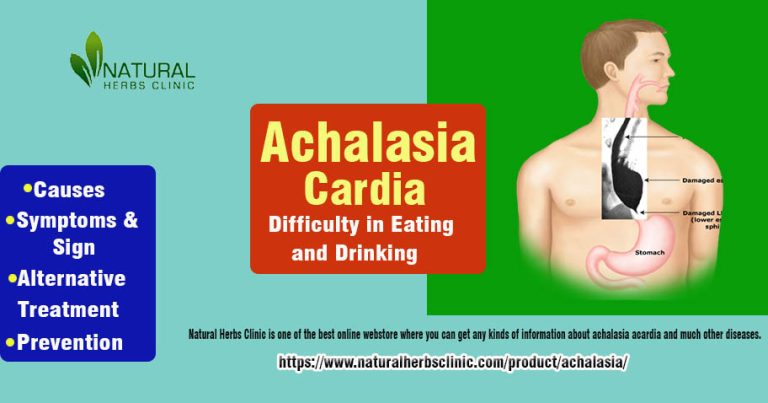Achalasia Cardia Definition: The Enigmatic Esophageal Disorder

Achalasia cardia, also referred to simply as achalasia, is a rare and enigmatic esophageal disorder that affects the lower esophageal sphincter (LES) and disrupts the normal motility of the esophagus.
Defining Achalasia Cardia
Achalasia cardia, in its essence, is a neurological disorder that affects the esophagus, the muscular tube responsible for transporting food from the mouth to the stomach. This condition primarily targets the lower esophageal sphincter, a muscular ring at the junction of the esophagus and the stomach, which normally relaxes to allow food to pass into the stomach.
However, in achalasia, this crucial muscular ring fails to relax properly, leading to a series of complications. The term “achalasia” itself is derived from the Greek words “a-” (without) and “chalasis” (relaxation), effectively encapsulating the core issue – the inability of the LES to relax as it should.
Related Article; Home Treatments for Achalasia Relief through Lifestyle Changes
Achalasia Lower Esophageal Sphincter: The Culprit Behind the Disorder
The lower esophageal sphincter is a pivotal component of the digestive process. Its primary function is to prevent stomach acid and partially digested food from flowing back into the esophagus. In individuals with achalasia, this sphincter remains in a state of constant contraction, leading to several complications, including:
Dysphagia (Difficulty Swallowing)
One of the hallmark symptoms of achalasia is dysphagia, a condition characterized by difficulty swallowing both solids and liquids. As the LES fails to relax, the esophagus cannot effectively propel food into the stomach, causing it to accumulate and leading to discomfort and distress during meals.
Related Article; Achalasia: Read the Overall Information about the Neurological Disorder
Regurgitation
Due to the constant constriction of the LES, undigested food and stomach acid can regurgitate into the esophagus. This can result in painful symptoms like heartburn, chest pain, and a sour taste in the mouth.
Weight Loss
Prolonged achalasia can lead to unintended weight loss. The difficulty in swallowing and the discomfort associated with eating often cause individuals to reduce their food intake, ultimately resulting in nutritional deficiencies.
Symptoms of Esophageal Motility Disorder
Achalasia cardia presents a unique set of symptoms that can significantly impact a person’s quality of life. These symptoms often develop gradually and can vary in intensity from one individual to another. Common symptoms include:
Related Article; Cancer of the Esophagus or Upper Stomach Join the Fight Against
Dysphagia
As previously mentioned, dysphagia is a primary symptom. Individuals with achalasia often complain of food getting stuck in their throat or chest, requiring considerable effort to push it down.
Chest Pain
Achalasia can cause chest pain that is often mistaken for heart-related issues. This pain can be sharp and intense, typically occurring during or after meals.
Regurgitation
Frequent regurgitation of undigested food and acidic stomach contents can lead to heartburn and a bitter taste in the mouth.
Chronic Cough
Achalasia can trigger a persistent cough, especially when food or stomach acid enters the airways.
Related Article; Feeling of Stomach Being Empty Exploring the Benefits of Wellness
Weight Loss
Unintentional weight loss is a common consequence of achalasia due to the difficulties associated with eating.
Living with Esophageal Motility Disorder
living with esophageal motility disorder achalasia can be challenging, but there are strategies and lifestyle adjustments that can help manage the condition:
Dietary Modifications
Switching to a softer diet and taking smaller, more frequent meals can alleviate some of the symptoms associated with dysphagia.
Medications
In some cases, medications that relax the LES may be prescribed to ease symptoms temporarily.
Minimally Invasive Treatments
Surgical and endoscopic interventions, such as balloon dilation and botulinum toxin injections, can provide relief by helping to relax the LES.
Natural Treatment for Esophageal Motility Disorder
While there is no definitive cure for achalasia cardia, certain lifestyle changes and Natural Treatment for Esophageal Motility Disorder may complement medical treatments:
Related Article; Difficult to Swallowing Food: Strategies for Improving Eating Ability
Aloe Vera Juice
Aloe vera juice is known for its soothing properties and may help alleviate heartburn and irritation in the esophagus.
Dietary Fiber
Including high-fiber foods in your diet can promote regular bowel movements and prevent constipation, which can exacerbate achalasia symptoms.
Stress Management
Stress can exacerbate esophageal motility disorders, so stress reduction techniques like yoga or meditation may be beneficial.
Esophageal Motility Disorder Treatment
Treatment for achalasia cardia depends on the severity of symptoms and the patient’s overall health. Some of the common treatment options include:
Heller Myotomy
This surgical procedure involves cutting the LES muscle to allow for easier passage of food into the stomach.
Related Article; How I Cured My Achalasia With Herbal Remedies And Natural Treatment
Balloon Dilation
A minimally invasive procedure where a balloon is inflated in the esophagus to widen the LES.
Botulinum Toxin Injection
Botulinum toxin can be injected into the LES to temporarily relax the muscle.




